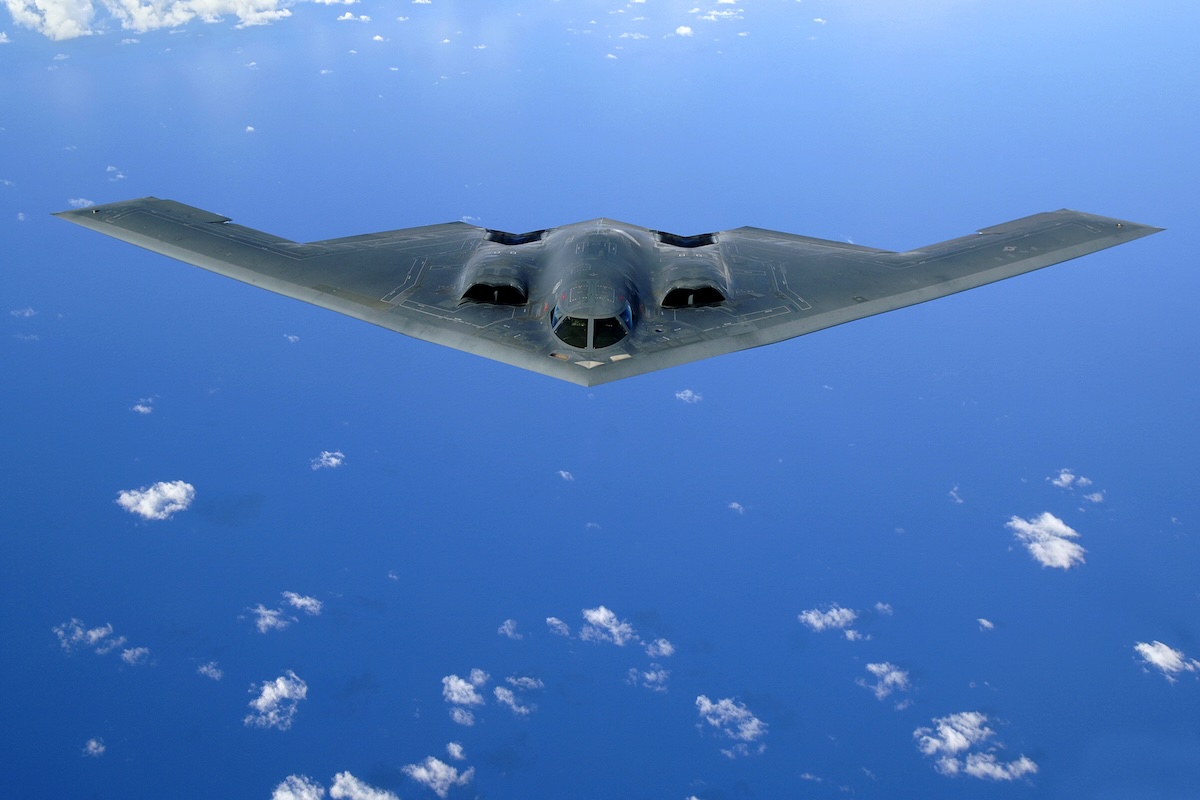

When you threaten the fuel that powers our economies and our lives, there are huge consequences.
While President Trump’s decision to go all out to depower Iran and its nuclear aspirations could have long-term world implications for global safety, it has endangered our immediate super fund balances, and will hit our hip pockets as oil prices spike higher as a consequence.
Over the past two weeks, since Israel has been attacking the nuclear operations of its enemies, Brent Crude has gone 10% higher and the Trump bombings is bound to push the price of oil over US$100 a barrel. Over the month, the price of oil is up 21% and hit a high last week of US$79.04 a barrel.
The Strait of Hormuz, pictured full of vessels below, lets oil carriers into the open sea. If it’s blocked, then the price spike could become a gusher that will spook global financial markets.
And, you'll feel the hit to your hip pocket far beyond the petrol pump. A spike in oil prices will hit:
Just like the world nowadays, economics is a very interdependent force. When you threaten the fuel that powers our economies and our lives, there are huge consequences.
If you need a history lesson in Middle East wars and what happens to oil prices, Cecile LeFort summed it up for the AFR. “For investors, the US bombings of critical Iranian nuclear sites in Fordow, Natanz and Isfahan are uncomfortable reminders of the drawn-out war in Iraq,” she wrote. “Brent crude hit a record US$147.50 at the peak of that conflict, in July 2008, as the fall of Saddam Hussein gave way to unrelenting violence.”
On oil prices in the near future, the ‘guessing’ economists at Deutsche Bank have tipped oil will go to US$120 a barrel. But that was before the weekend bombings, so you have to expect it will go higher.
On interest rates, the inflation effects of oil over US$100 a barrel will worry the Reserve Bank (RBA) and possibly delay future rate cuts. I suspect they’ll do the July cut and then watch how the oil price and other effects of this war play out.
If the RBA expects a global slowdown, then we might see more rate cuts than have been expected. And they could come faster than we expect, too.
Ultimately, the oil price impact on inflation will be crucial, and so will the negotiations between Iran’s Ayatollah Ali Khamenei and Donald Trump.
These are two strong-willed guys who don’t have a great grasp on what the world really wants them to do, which is to create peace and get out of our social and wealth-building lives.
By the way, history shows stock markets react very negatively to events like the bombings of Iran but within 12 months share prices rebound. However, whenever a geopolitical crisis pushes oil prices to prolonged and spectacular highs, the market rebound is slower, and the fall of the market is deeper.
While I’d like to be positive about all this, history simply doesn’t let me!